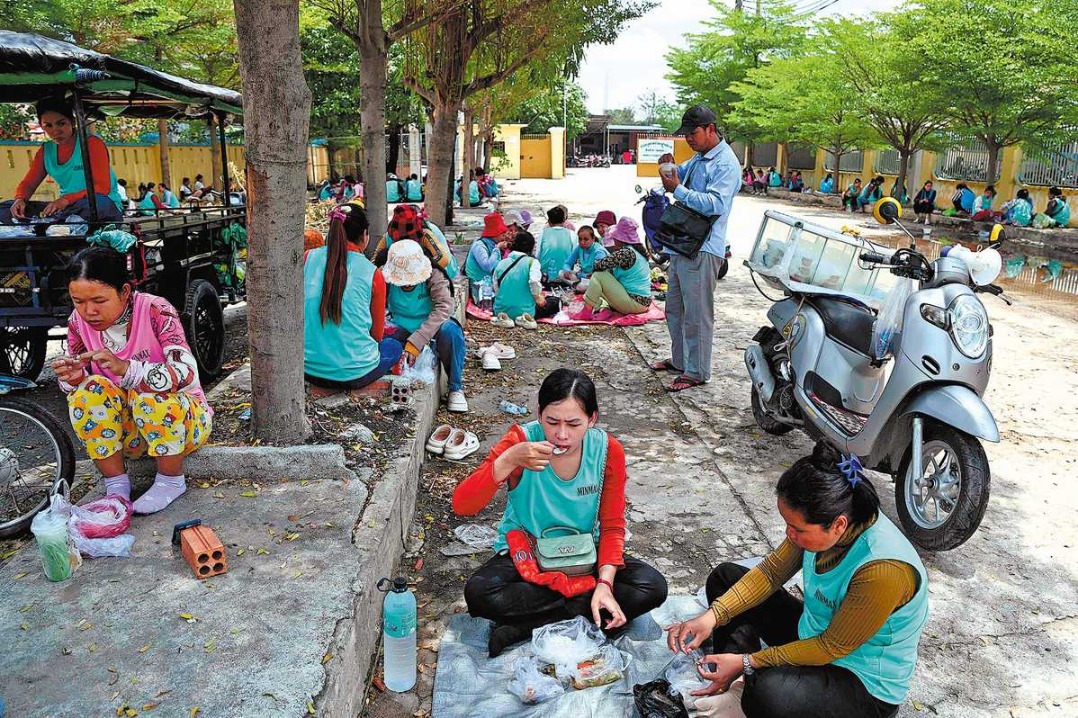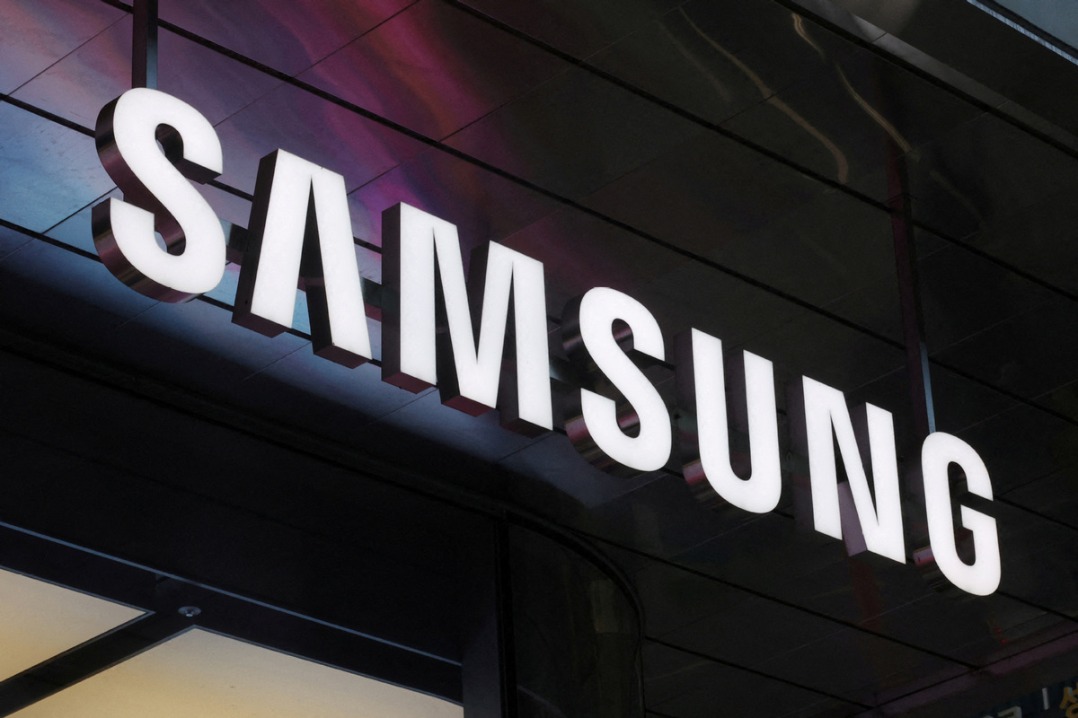Is Bright Food ready for a bigger piece of the pie?

Chinese companies have shown a growing appetite for foreign firms recently and Bright Food Group Co, China's largest food and dairy company, is no exception.
The Shanghai-based company has in recent months scoured the globe for acquisition opportunities. Food companies based in Europe and the United States, where many companies have been vulnerable to sales in the aftermath of the financial crisis, are the company's top shopping targets.
|

Bright Food aims to double its sales in the next three to four years through organic growth and the acquisition of new businesses. An Xin / For China Daily |
The potential acquisition of GNC, based in Pittsburgh, Pennsylvania, and owned by Ares Management and the Ontario Teachers' Pension Plan Board, would follow a failed September attempt by Bright Food to buy Britain's United Biscuits, the country's biggest snack food group and maker of McVitie's biscuits and Hula Hoops, for about $3.2 billion.
In August, Bright Food signed a memorandum of understanding with Australia's New South Wales government to seek investment projects in industries such as sugar, wine and dairy. A month earlier, it was reported to be interested in the beer and wine units of Foster's Group Ltd after Australia's largest brewer said it planned to split the company into separate entities.
In July, its unit of Bright Dairy & Food bought a 51 percent stake in New Zealand dairy farm owner Synlait Milk Ltd.
Bright Food's intensive overseas acquisitions are part of China's major policy of encouraging large State-owned enterprises to acquire advanced technologies and market share through cross-border mergers and acquisitions.
Bright Food, established in 2006, has more than 3,300 retail chain stores across China. The company's businesses include farming and fisheries, food processing, wholesale, retail and real estate. The company owns four listed units that include Bright Dairy & Food, Shanghai Maling Aquarius and Shanghai Haibo. Among its top brands, Dabaitu, or Big White Rabbit, is a popular candy sold to more than 50 countries and regions.
Bright Food Chairman Wang Zongnan said in February that the company aims to double its sales in the next three to four years through organic growth and the acquisition of new businesses. Bright Food reported sales of 76 billion yuan (8.55 billion euros) in 2009.
But analysts have cast doubts over its ability to manage acquired assets.
Huang Mao, a senior food and beverage industry analyst with First Capital, says while Bright Food is not short of money to complete its acquisitions with the backing of State banks and the Shanghai government, it lacks expertise and talent to manage the acquired assets and compete in the international market.
"State-controlled enterprises in China are used to industry monopoly and administrative protections by the government in the domestic market," he says. "They will face totally different market conditions on the international stage; it is still too early to say whether the acquisitions will be a good or bad thing for the company."
Howard Abe, a retail analyst with A.T. Kearney, believes the company's move targets the domestic market rather than foreign markets.
"A lot of negative events have happened in China's food and dairy industry in recent years, such as the tainted milk scandal. Now Chinese consumers have a preference for foreign brands in terms of food and dairies," Abe said. "So the overseas acquisitions by Bright Food are probably aimed to meet the needs of its domestic customers."
Other State-owned companies have in recent years sought to acquire companies as many foreign firms, hammered by the financial crisis, go up for sale at relatively cheap prices.
According to the State-owned Assets Supervision and Administration Commission, at the end of 2009, the country's 108 State-owned enterprises (SOEs) owned 5,901 overseas units and more than 4 trillion yuan in overseas assets, up from 1 trillion yuan at the end of 2007.
But poor management and supervision have hurt the SOEs. Some have reported huge losses, while others have little profit to show for the acquisitions.
According to Shanghai Overseas Chinese News, Chinese companies in 2008 collectively lost about 200 billion yuan (22.79 billion euros) in cross-border mergers and acquisitions.
This year, China Railway Construction Corp, China's biggest railway contractor, posted a loss of about 4.15 billion yuan on a Saudi Arabian rail project.
Today's Top News
- AI evolution promoted as key driver of productivity
- Shenzhou XX crew complete second spacewalk outside Tiangong station
- 'Birth of a new NATO' nothing but patching up cracks in the old one: China Daily editorial
- Figure of history? — No, just figure of fun: China Daily editorial
- US economy shrinks more than earlier estimated
- Power banks without 3C certification banned on domestic flights






























